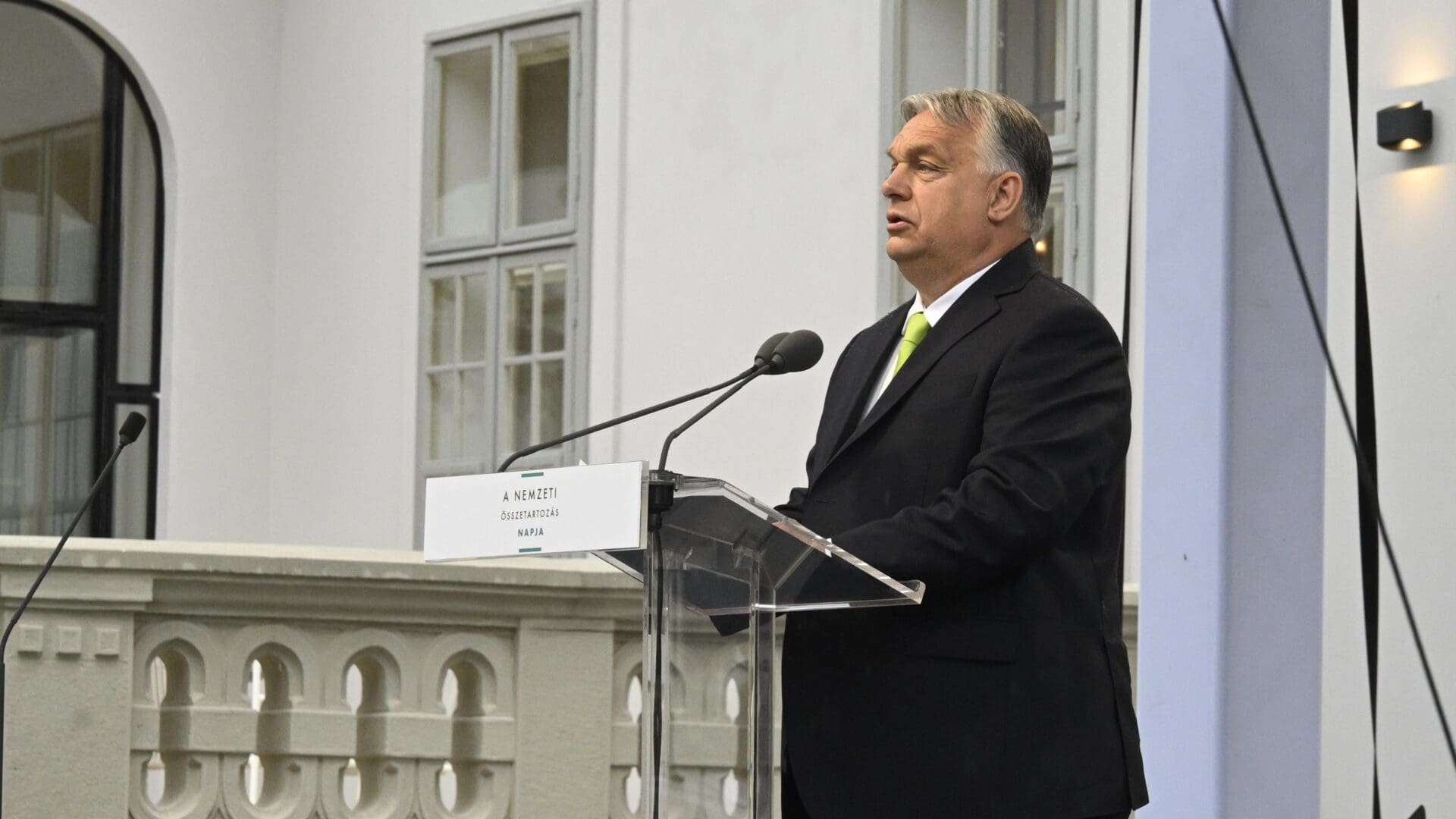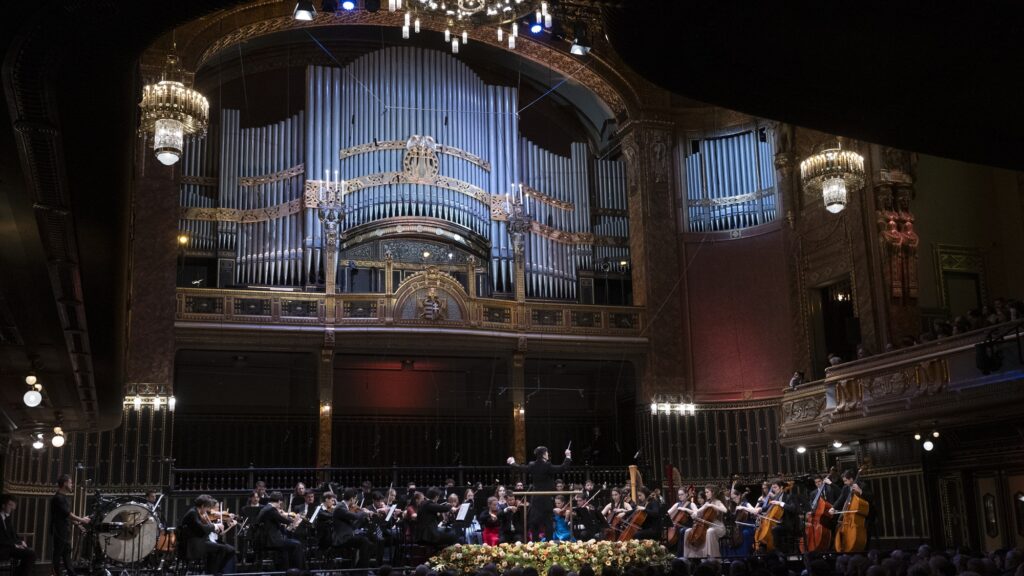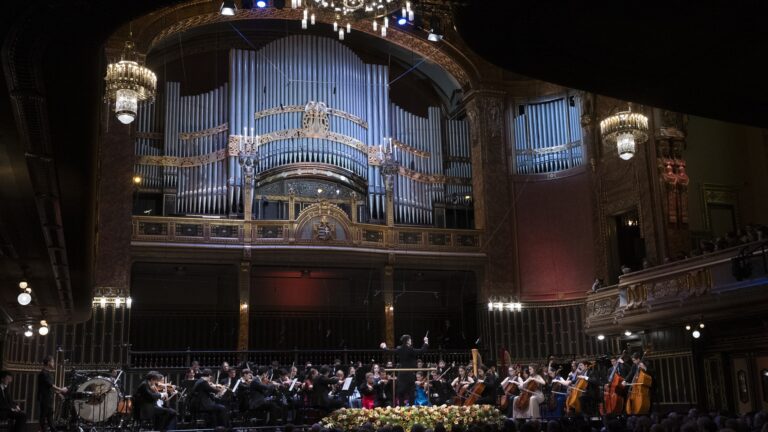Hungarian Prime Minister Viktor Orbán delivered a speech at a symbolic site on the Day of National Unity. 4 June is considered one of the most tragic days in Hungarian history, if not the most tragic. On this day in 1920, the Treaty of Trianon was signed in Versailles, France, an unjust peace treaty that tore historical Hungary apart. As a result of Trianon, Hungary lost about two-thirds of its territory and about one-third of its population with approximately 3.3 million Hungarians left outside the state’s borders. In 2010, the Hungarian Parliament declared 4 June as the Day of National Unity.
Orbán began his speech at the ceremonial inauguration of the Tisza family castle in Geszt—a family that played a defining role in Hungarian history—, with the following words: ‘Here is a nation that lost two-thirds of its country and one-third of its people to foreign borders more than 100 years ago as a result of a devastating war. Yet this nation has
chosen not to resign itself to defeat and decline, but chose survival and struggle.’
Speaking about the Tisza family, the prime minister said that their history is intertwined with the ideal of a free, independent, and sovereign Hungary. He stressed that the Tisza family had fought alongside the Transylvanian sovereigns in battles against the Turks. Additionally, two members of the Tisza family assumed political leadership of the country. PM Orbán remarked that the last strong and successful period of the Kingdom of Hungary was inseparable from the Tisza family.
István Tisza was remembered thus by the later Prime Minister István Bethlen: ‘He died as a martyr for the great cause of the nation, and with him perished the nation, country, throne, monarchy, and the glory of a thousand years,’ Mandiner highlighted.
In his speech, Viktor Orbán called 4 June the day of the ‘attempted murder of the Hungarian nation.’ He stated: ‘104 years ago, we were subjected to a cruel, merciless, and unjust dictate. Our great universities, our most beautiful cities, our cultural values, and the defining scenes of our national memory were taken beyond our borders.’
The prime minister pointed out that after all these years it is clear that the Trianon dictate was intended to destroy the Hungarian nation. However, the great powers, accustomed to colonialism, did not understand the character of the Hungarians: they wanted to bury us, but they did not realize that we are resilient and determined to survive.
Orbán also remarked that Trianon, the loss of the country’s territory and population, was brought about by a war that then Prime Minister István Tisza wanted to avoid at all costs. However, the country lacked the strength to do so.
‘We were chained to an empire that kept the question of war and peace to itself. Vienna and Budapest were full of warmongers, false messiahs, and foreign agents. With no sense of responsibility for the future of the nation, Hungary was forced to march into a war,’ he said, drawing a parallel with the current situation, where it is Brussels attempting to drag Hungary into the war in Ukraine.
In this regard, he noted that the situation is somewhat different now. ‘We have better chances now because we are sovereign. We elect the government, we Hungarians decide our own destiny,’ he underlined. The prime minister emphasized that we now have the opportunity, through a pan-European election, to do something we haven’t been able to do 110 years ago:
we can say no to war in a democratic fashion.
‘Today, we must undertake what Prime Minister István Tisza failed to do: to prevent Hungary from participating in another European war,’ PM Orbán concluded.
You can watch the whole ceremony here:
Related articles:







